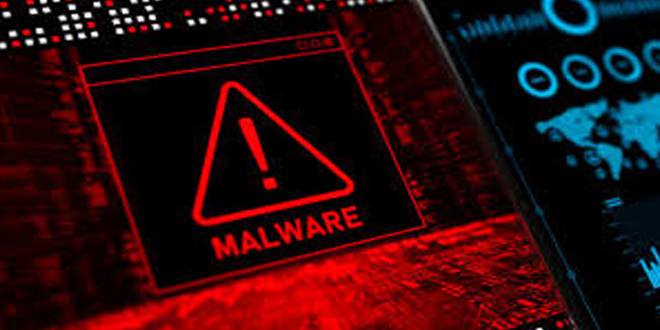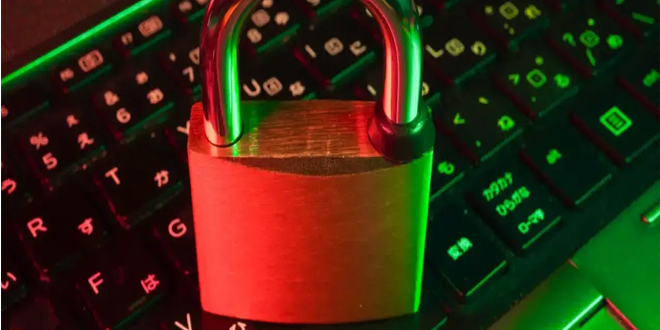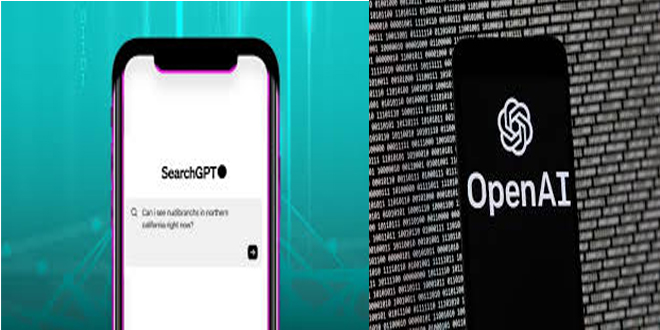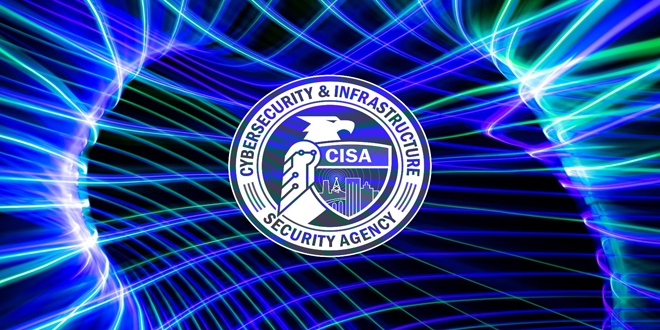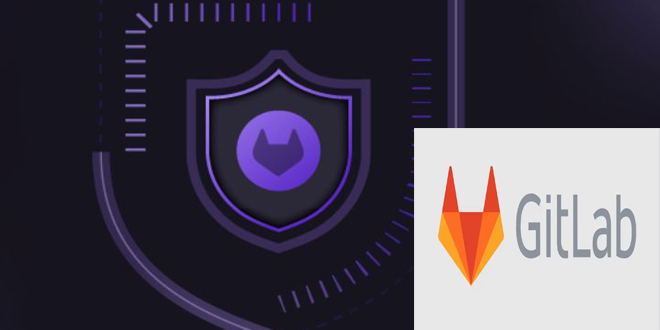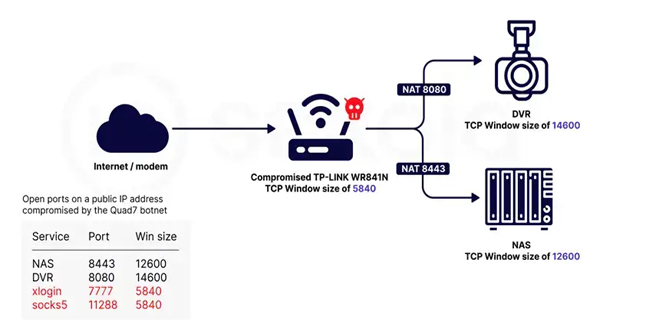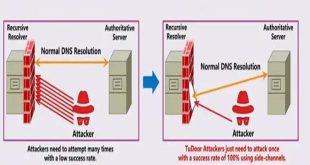Google and Yahoo will implement new email authentication rules in 2024. Starting in early 2024, Gmail and Yahoo Mail will require bulk email senders to authenticate their emails using methods like DMARC, SPF, and DKIM.
The move aims to assist companies in detecting and blocking harmful messages, reducing clutter in users’ inboxes, and limiting attackers’ ability to exploit resources undetected. Gmail and Yahoo stated that bulk senders must make it easy for people to unsubscribe and ensure that they only send wanted email.
ALSO READ:
Apple released security patches for iOS 17.0.3 and iPadOS 17.0.3
The absence of secure email authentication protocols puts organizations and users at higher risk of business email compromise (BEC) and phishing attacks. A study conducted by cybersecurity company Proofpoint in June discovered that fewer than half (47%) of the 150 banks in the UK implemented the highest level of DMARC, which is the recommended level. This exposes customers, staff, and stakeholders to a greater risk of impersonation attacks through email, as stated by the vendor.
Bulk Gmail, Yahoo Mail senders must authenticate following best practices:
Many bulk senders don’t appropriately secure and configure their systems, allowing attackers to easily hide in their midst, Google wrote. “To help fix that, we’ve focused on a crucial aspect of email security: the validation that a sender is who they claim to be. As basic as it sounds, it’s still sometimes impossible to verify who an email is from given the web of antiquated and inconsistent systems on the internet.”
In the first quarter of 2024, Gmail and Yahoo Mail will start to require bulk senders to strongly authenticate their emails following best practices. “Ultimately, this will close loopholes exploited by attackers that threaten everyone who uses email,” according to Google.
“We firmly believe that users worldwide deserve a more secure email environment, with fewer unwanted messages for an improved overall experience,” said Neil Kumaran, group product manager, Gmail security and trust. “We look forward to working with peers across the industry to boost the adoption of these email standards that benefit everyone.”
No matter who their email provider is, all users deserve the safest, most secure experience possible, commented Marcel Becker, senior director of product at Yahoo. “In the interconnected world of email, that takes all of us working together.
Yahoo plans to collaborate with Google and other email providers to establish new industry standards. Google and Yahoo have already issued guidelines for improving email systems, which will be enforced starting next year.
 InfoSecBulletin Cybersecurity for mankind
InfoSecBulletin Cybersecurity for mankind



